Elon Musk an innovator wary of humanity's future
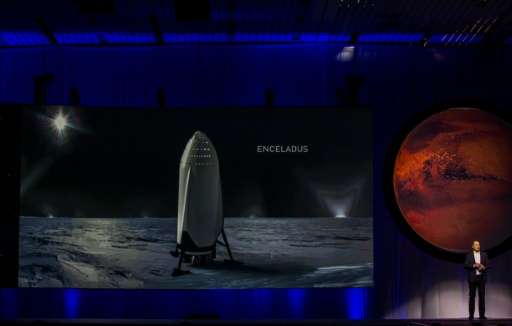
If the future is an array of possibilities ranging from catastrophic to divine, Elon Musk is working to increase the probability of good things happening.
Musk has become one of the United States' best-known innovators. He was a founder of payments company PayPal, electric carmaker Tesla Motors and SpaceX, maker and launcher of rockets and spacecraft.
This week Musk, as SpaceX chief, unveiled ambitious plans to establish a Mars colony by sending 100 humans at a time on massive spacecraft, possibly costing as low as $100,000 per person.
The 45-year-old South Africa-born entrepreneur has channeled a dot-com fortune into a series of ambitious ventures.
Besides being the head of SpaceX and Tesla, Musk is the chairman of SolarCity, a solar panel installer that has agreed recently to be bought by Tesla.
He also operates his own foundation focusing on education, clean energy and child health.
Evil AI
Late last year Musk took part in creating a nonprofit research company devoted to developing artificial intelligence that will help people and not hurt them.
Musk found himself in the middle of a technology world controversy by holding firm that AI could turn on humanity and be its ruin instead of a salvation.
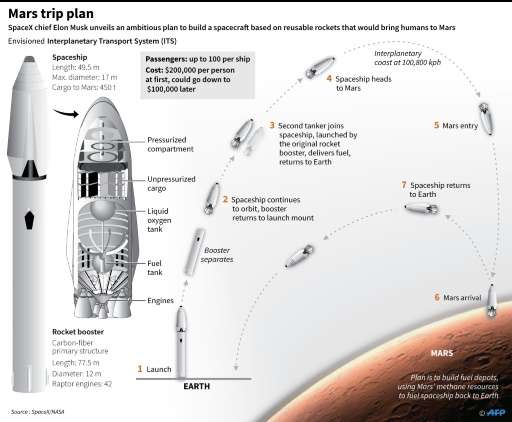
Technology giants including Google, Apple and Microsoft have been investing in making machines smarter, contending the goal is to improve lives.
"If we create some digital super-intelligence that exceeds us in every way by a lot, it is very important that it be benign," Musk said at a Code Conference in California in June.
A danger, he contended, was that highly advanced artificial intelligence would be left to its own devices, or in the hands of a few people, to the detriment of civilization as a whole.
"I am concerned about certain directions that AI could take," Musk said.
He reasoned that even a benign situation with ultra-intelligent AI would put people so far beneath the machine they would be "like a house cat."
"I don't love the idea of being a house cat," Musk said, envisioning the creation of neural lacing that magnifies people brain power by linking them directly to computing capabilities.
Living in a game
Musk has also raised eyebrows with a theory that the world as it is known may be a computer simulation so real that people take it for life.
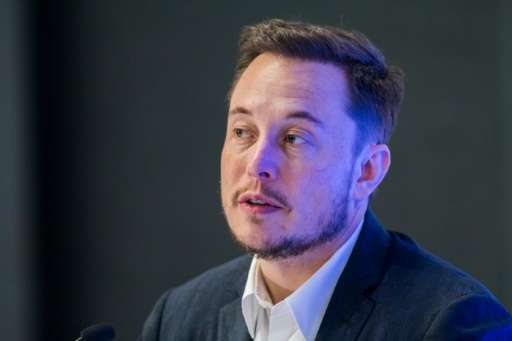
"I've had so many simulation discussions it's crazy," Musk said while fielding a question on the topic at the Code Conference.
The argument for life as we know it being a simulation is strong, according to Musk.
He maintained that "the odds that we are in base reality is one in billions."
Musk lives in Los Angeles and holds US, Canadian and South African citizenship.
He moved to Canada in his late teens and then to the United States, earning bachelor's degrees in physics and business from the University of Pennsylvania.
After graduating, Musk abandoned plans to pursue further studies at Stanford University and started Zip2, a company that made online publishing software for the media industry.
He banked his first millions before the age of 30 when he sold Zip2 to US computer maker Compaq for more than $300 million in 1999.
Musk's next company, X.com, eventually merged with PayPal, the online payments firm bought by Internet auction giant eBay for $1.5 billion in 2002.
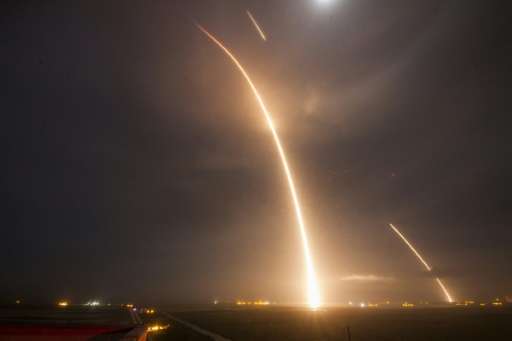
Forbes estimated Musk's current net worth at $11.7 billion
Space, earth visions
In 2002, Musk launched SpaceX, or Space Exploration Technologies Corp., where he serves as chief executive and chief technology officer, with plans to develop low-cost rockets.
Musk invested $100 million of his personal fortune in SpaceX.
Closer to earth, Musk in 2004 launched Tesla Motors, with the aim of popularizing electric vehicles.
Tesla is also building a massive "Gigafactory" to crank out lithium-ion batteries in Nevada as part of a plan to produce more electric cars at lower price points.
'Hyperloop' dreams
Musk openly released a design for a super-fast transport system dubbed "Hyperloop" which could carry passengers in low-pressure tubes at near-supersonic speeds.
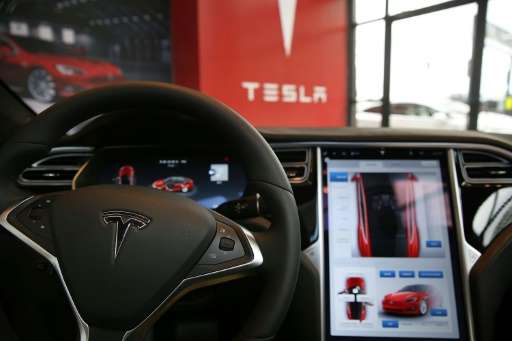
The project could connect Los Angeles and San Francisco in 35 minutes and could be a low-cost alternative to a high-speed rail network planned for the western US state.
Musk has said he has no plans to build the system but offered the "open source design" for others to pursue a venture. A couple of startups have taken up the challenge.
Musk's called the system a cross between a "Concorde, a rail gun, and an air hockey table."
Jon Favreau, director of "Iron Man," calls Musk a modern-day "Renaissance man."
In an article for Time, Favreau said he and actor Robert Downey Jr modeled the main character in the movie—"genius billionaire Tony Stark"—after the Silicon Valley star.
Musk told Time that his goal was to be "involved in things that are going to make a significant difference to the future of humanity."
© 2016 AFP


















